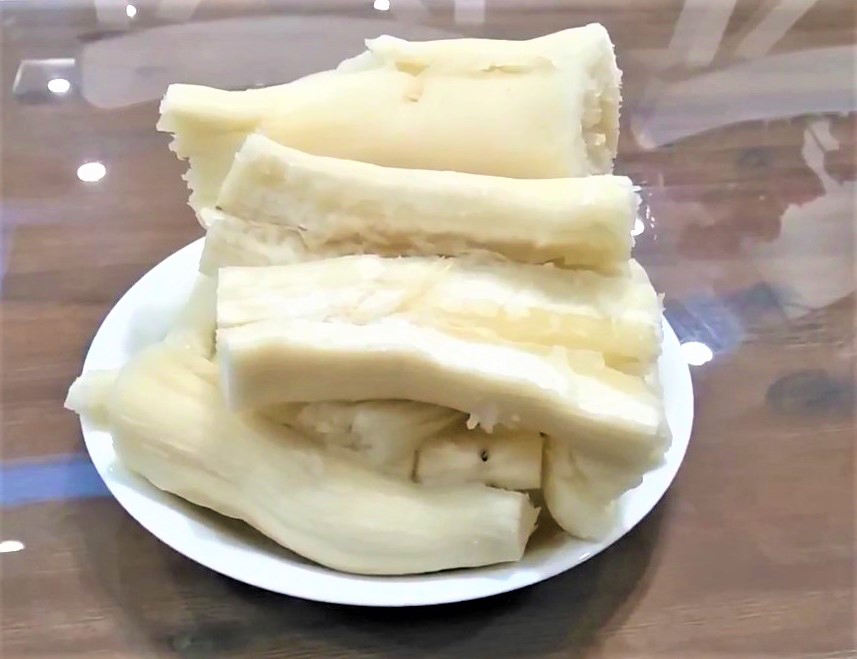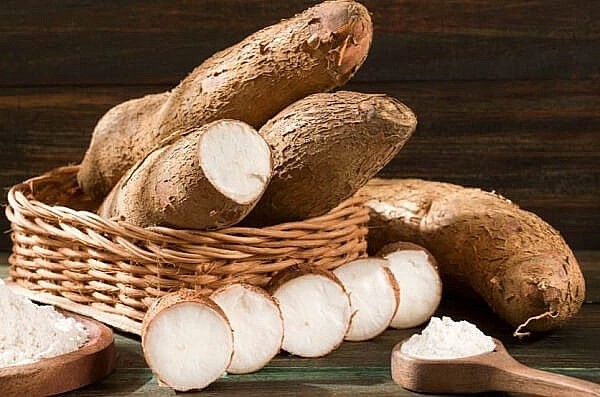The Hidden Danger in This Popular Food—What You Need to Know
Many foods around the world provide essential nutrition, but some require extra care before consumption. One particular food, eaten by millions daily, carries a hidden risk that few are aware of. What is it?
Cassava—a widely consumed plant—is a staple in many countries, feeding nearly 500 million people globally. Grown in regions across South America, Africa, and Asia, it plays a key role in food security. However, without proper preparation, it can pose a serious health concern.

Certain parts of the cassava plant, including its stems, peel, and leaves, contain natural compounds that can turn harmful if not processed correctly. The World Health Organization (WHO) reports that each year, improper preparation leads to serious health effects for hundreds of people.
WHO explains that cassava contains cyanogenic glucosides, which serve as a natural defense against pests. When cassava isn’t prepared correctly—such as by soaking, fermenting, or cooking—these compounds may accumulate at levels that can impact health.

The risk increases during food shortages when people may consume cassava without the necessary processing steps. A severe condition linked to this issue is konzo, which affects the nervous system. WHO describes it as a condition that disproportionately impacts communities with limited resources, often occurring in clusters.
Despite these risks, cassava remains a crucial part of daily diets worldwide. So how can it be made safe? The key lies in preparation. Experts recommend soaking it for up to 24 hours, fermenting, or thorough cooking to significantly reduce potential hazards.

In some regions, economic challenges have led people to consume cassava in ways that bypass traditional safety measures, increasing the risk of adverse effects. Raising awareness and sharing proper preparation techniques can help prevent such issues.
Cassava is a valuable food source, but understanding how to handle it properly ensures that it remains a safe and nutritious option. Taking the right precautions can make all the difference.